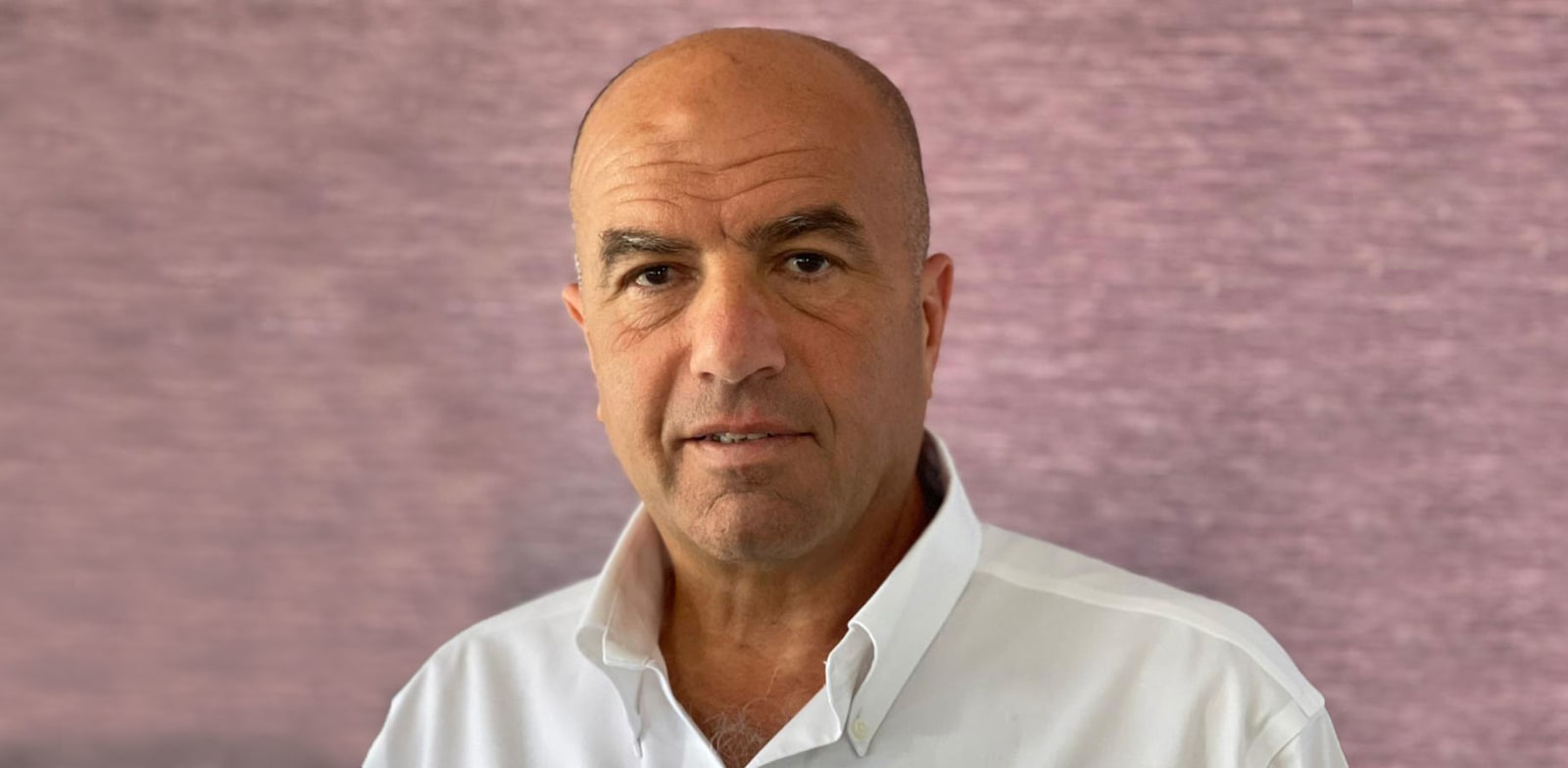Last week, Tikun Olam-Cannbit Pharmaceuticals (TASE: TKUN) released an announcement that heralds the end of the company as a pure cannabis player, and perhaps the end of the road in Israel for what until not long ago was considered the country’s leading cannabis brand. The company, currently controlled by the family of real estate developer Barak Rosen (Israel Canada), announced an agreement whereby several traditional industrial businesses controlled by Ronen Elad will be merged into it, against an allocation of 60% of its shares.
The businesses being transferred, chiefly Elad’s holdings in power cables company Synergy Cables and food packaging materials company Plastopil Hazorea (TASE: PPIL), will be run alongside Tikun Olam-Cannbit’s fading cannabis business (“after a restructuring of this activity”), and Elad will become the controlling shareholder in the merged company. All of Tikun Olam-Cannbit’s current company officers will leave (including CEO Ifat Kariv and chairperson Eitan Ben-Eliahu), to be replaced by Elad’s appointees.
Today, when Tikun Olam-Cannbit is traded at the derisory market cap of NIS 25 million ($7 million), it’s hard to believe that less than four years ago it was offered for sale at $100 million. Since then, however, there have been dramatic changes for the worse in the company itself and in the medical cannabis market as a whole. The story of Tikun Olam-Cannbit represents a further example of the chaos in the market, which has never managed to develop in the way predicted for it when it was at its peak, in 2019.
Tikun Olam was a pioneer of medical cannabis in Israel when it started up in 2005. At that time, the business was still considered dubious, the plants grew in pots, and customers received treatment at the home of the company’s owner at the time, Tzachi Cohen. The company went on to grow rapidly. It developed cannabis strains that gained a worldwide reputation, carried out pioneering clinical trials, and sold the rights to some of its strains to Canadian company MedRelief, in a deal that was highly remunerative for the owners.
The company continued to develop in the US, Europe and Australia as well, but following allegations by the police that Cohen had connections with some problematic figures (allegations that even without being proved in a court of law were sufficient for his license to hold a cannabis to be withdrawn), he was forced to sell its cannabis activity in Israel. Cohen put Tikun Olam up for sale for $100 million, reflecting the hype around cannabis stocks at that time, but in the end had to agree to a much lower price.
RELATED ARTICLES
Tikun Olam valuation slashed in Cannbit deal
After buying Tikun Olam, Cannbit raises NIS 26.4m
Israel’s cannabis reform: Hopes and fears
Health Ministry temporarily closes Tikun Olam cannabis farm
The winner in the auction that Cohen held for the purchase of Tikun Olam was young cannabis company Cannbit, led, as mentioned, by Barak Rosen (whose shares in the company are held through his son). After Cannbit had offered $42 million for the company in September 2019, with conditional add-ons, in the end the business was bought for just $23 million, plus $18 million in conditional payments that in the end were not made.
At that time, a severe shortage of medical cannabis arose in the local market, partly because of the closure of Tikun Olam’s large farm in northern Israel (following claims of quality problems), and the Ministry of Health decided to open the market to imports. This led to the Israeli market being flooded with imported cannabis, which in the end caused the collapse of Tikun Olam-Cannbit’s business, and made it impossible for it to exploit the potential of its brand. The changes in the structure of the market, together with the blow to Tikun Olam’s image from the closure of the farm and its late entry into activity under the new cannabis regulations, led to a sharp decline in its business and a 95% drop in its share price from the 2019 peak.
The company did record revenue of NIS 49 million in 2022, 32% more than in the pervious year, but it also posted a loss of NIS 48 million. In 2019-2022, the company lost a total of NIS 110 million.
Tikun Olam’s auditors appended a going concern warning to their report, and the company has recently announced the closure of two cannabis growing farms and the layoffs of dozens of employees, leaving it with a factory in the Tziporit industrial zone, a pharmacy, and unique cannabis brands. An attempt at a merger with another struggling cannabis company, BOL, did not succeed.
The planned merger depends among other things on the Ministry of Health approving Ronen Gilad as the owner of a cannabis company, but this activity will become minor in relation to the businesses that Tikun Olam will absorb in the merger, mostly held in Migvan Technologies & Engineering Ltd, in which Elad holds 65%.
Elad bought his holding in Synergy Cables from private equity firm Fortissimo in 2021 in exchange for 12.5% of Migvan. The company sells power cables in Israel and overseas and is an important supplier to Israel Electric Corporation. According to Tikun Olam-Cannbit’s announcement, it had revenue of NIS 434 million in 2022 and posted a net profit of NIS 38 million. Plastopil Hazorea, in which Elad has a direct holding of 18.6% and which he controls together with Kibbutz Hazorea, has a market cap of NIS 15 million. Tikun Olam-Cannbit will also absorb Migvan’s holdings in Waisbord and Ronen Wolf, which distribute electrical and lighting components.
Published by Globes, Israel business news – en.globes.co.il – on June 15, 2023.
© Copyright of Globes Publisher Itonut (1983) Ltd., 2023.





































